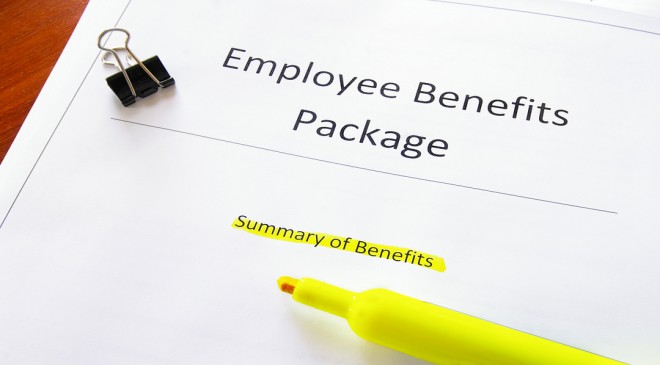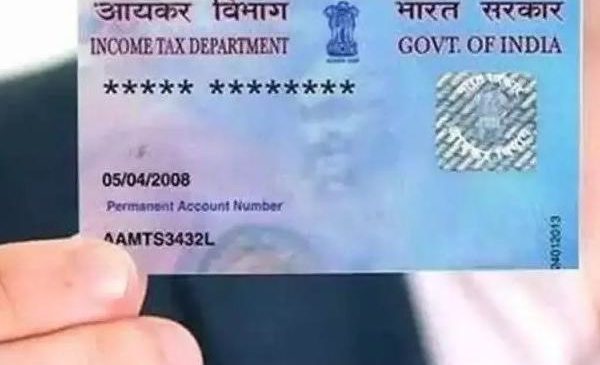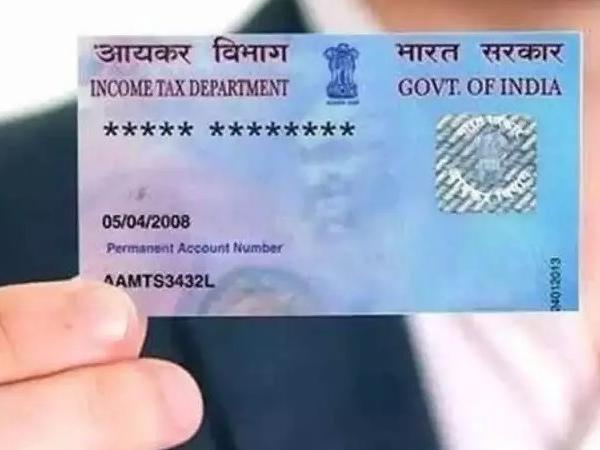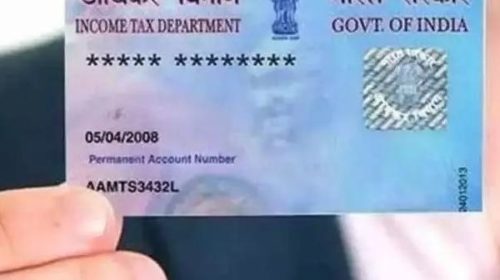Employees from every sector and business are qualified for a specific number of leaves every year besides their weekly off and festival holidays. Many companies give different kinds of leaves to their employees so that they can balance their work-life sphere properly.
The regular leaves are Sick or Medical Leave, Casual Leave and Earned Leave. The quantity of each leave relies upon the business and manager. There are different laws that administer leaves and their qualities. Let us understand different kinds of leave policy better.
Earned Leave
This is a paid leave earned by workers amid a year and profited in the resulting year. On the off chance that the quantity of earned leave is finished, the day is considered as an unpaid leave and the day’s compensation is cut from the pay. These leaves can likewise be encashed while leaving the organization. The accompanying is the number of earned leaves available as per the law:
Laborers working in factory need to work a minimum of 240 days in the association in a year to be qualified for earned leaves. Grown-ups get 1 day for every 20 days, and kids, underneath the age of 15, get 1 day for every 15 days’ work in the earlier year.
Mine workers can profit 1 day for every 15 days’ work, and those working over the ground can benefit 1 day for every 20 days’ work.
Laborers in a Bidi or Cigar production line get 1 day leave for every 20 days’ work in the earlier year. In the event that the labourer is under the age 15, he can take 1 day off in every 15 days of his work.
Individuals working in sales profile, and newspaper (which incorporates writers as well) can avail 1 month leave if he has worked for 11 months nonstop.
Domestic labourers are additionally qualified for 15 days earned leave in a year.
Casual Leave
This is another paid leave that despite the fact that not earned, is valid only when the employer gives him the permission, or the employee informs the employer beforehand. On the off chance that the business does not allow consent and the representative still takes the leave, the day’s compensation is cut from the pay. Generally, every association permits a specific number of casual leaves in a year, which is settled by the organization. In spite of the fact that, there are laws for specific kinds of laborers:
People working for newspapers and sales profile are given 15 days of casual leaves in a year.
Interns are also given casual leaves. They can avail 12 days of casual leaves in a year.
Debilitated/Medical Leave
Businesses give sick or medical leaves to representatives when they are unwell. A few associations can ask for a medical proof or certificate to avail their sick leave. Others may not. In the event that the worker has spent all his sick leaves then the company starts deducting leaves from his earned leaves. Debilitated leaves can likewise be conveyed forward to the following year. The determinations are albeit controlled by the organization. Laws representing debilitated leaves for various kinds of workers are:
Interns and apprentices are entitled to15 days of sick leaves yearly. This can be amassed to a maximum of 40 days.
People working in newspaper and those who are journalists can be given one-month medical leave for every 18 months of their work. Here, even though the employee is under medical leave, they are paid half day salary daily.
Just like the journalist, a salesperson is also entitled to get the same number of sick leaves, but they will have to submit a medical certificate to attain this leave.
Maternity Leave
Female representatives, according to law, are qualified for 3 months or 12 weeks of leave when she is pregnant. Amid this time, managers should pay their female workers as usual.
Paternity Leave
Male employees who are soon going to be fathers are entitled to get 15 days of leave. They can take this leave within the 6 months of the child’s birth.
Aside from these, there are others paid, unpaid or half-paid leaves like Study Leave, Bereavement Leave and Leave for Voting. These leaves however, are totally dependent on the employer.












